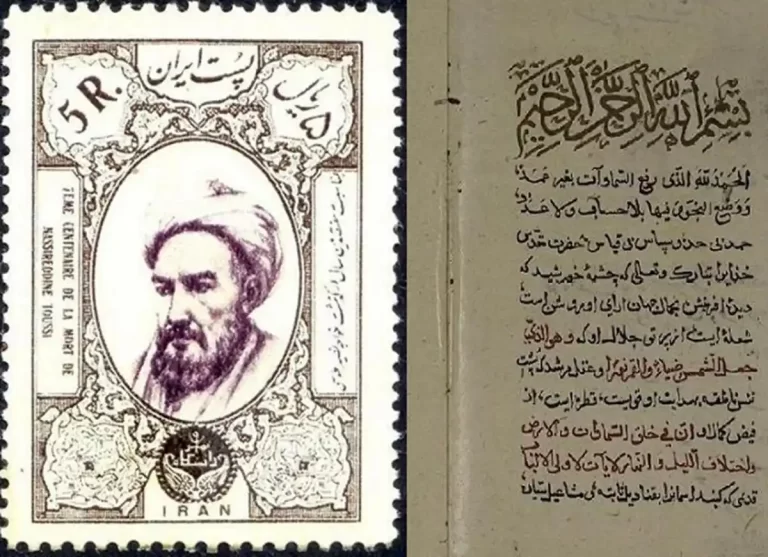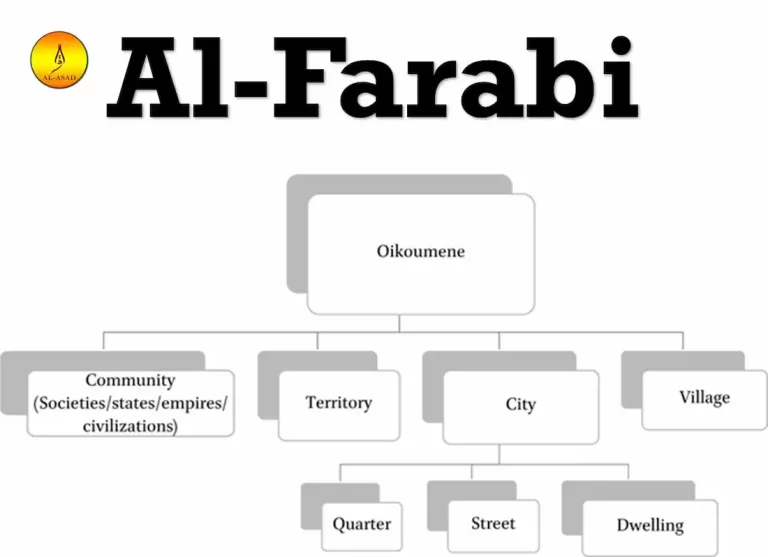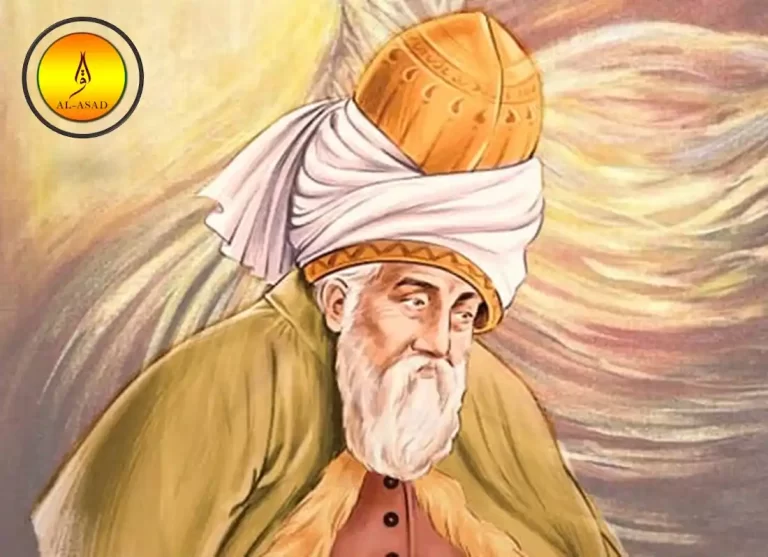Aisha Bint Abu Bakr – The wives of Prophet Mohammad (S.A.W.), are described in the Quran. The Quran describes the wives of Prophet Mohammad (S.A.W.) as “the mothers for the believers.” (Surah Ahzaab: 33:6)
Among Prophet’s (S.A.W. The most well-known wives are Khadija Bint Khuwaylid, R.A., and Aisha Bint Abi Bakr, R.A..
Aisha (R.A.), was the third and youngest wife to Prophet (S.A.W.). She was the youngest daughter of Prophet (S.A.W.). i-e Abu Bakr Siddiq (R.A.). 14 centuries ago, she showed the world that women could be smarter than men. She was a gifted mind and had remarkable memories.
She was a key contributor to the spread and acceptance of Prophet’s (S.A.W.). She served the Muslim community for 44 year after the passing of Messenger of Allah (S.A.W.). She was also involved in political and religious events. Her narration of 2210 hadiths is another highlight.
Suggested Read : How Many Chapters in Quran? ,la ilaha illa anta subhanaka, Has The Quran Been Changed?, How Many Pages in Quran? , Allahumma Ajirni Minan Naar, Allahu Mahdina, Allahu Alam , Allah Yashfeek , Allah Subhanahu Wa Ta’ala
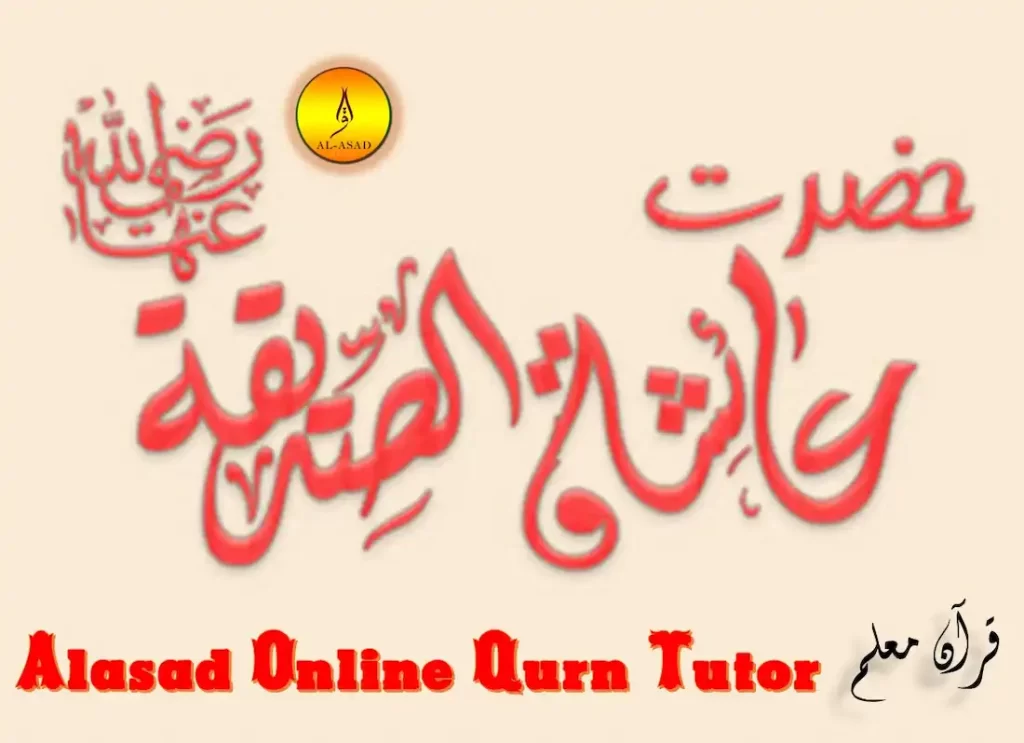
Aisha Bint Abu Bakr – Aisha bint Abui Bakr (R.A.), was born in Makkah around 613 CE or early 614 CE. This was three to four years after Messenger of Allah (S.A.W.). prophet-hood. Her mother Umm Roman Zainab was (R.A.) while her father was Abu Bakr Siddiq, (R.A.). These two Companions of Prophet (S.A.W.) are the most trusted. We know very little about Aisha (R.A.’s) childhood.
As a child, Aisha (R.A.’s) favorite pastime was swinging and playing dolls. On a visit to Abu Bakr (R.A.), Prophet(S.A.W.), she saw her play with dolls and swinging. She was seen playing with a winged horse. She was just five years old at that time. He (S.A.W. He (S.A.W.) asked her about it. R.A. replied that it was a horse.
He (S.A.W. He (S.A.W.) smiled and replied that horses didn’t have wings. R.A. quickly replied that Prophet Sulaiman (A.S.), had winged horses. This incident revealed many things about her. She (R.A.), was brilliant, intelligent, and well-informed about religious and historical issues. She (R.A.) was so young that she had a memory as good as a computer and it never failed her.
She never forgot anything she heard. Hijrah was the migration from Makkah to Madinah
at the time of the Prophet (S.A.W.). She (R.A.) was just eight years old at the time, but she still remembers many details years later about this historic and significant move when Islam was on the rise.
Her marriage with Prophet (S.A.W. ):
As Aisha bint Ab Bakr (R.A.) narrates, who said:
‘Allah’s Messenger (S.A.W.). “Allah’s Messenger (S.A.W.)” said to me, “You were shown twice to me in (my). dream. A man (Angel), was carrying you in silken cloth. He said to me: “She is your spouse, so uncover her.” And behold, it was actually you. Then I would say to myself, “If this is from Allah then it must happen.” ‘ (Sahih Bukhari: 7011)
It shows that Messenger Allah (S.A.W.). It shows that Messenger of Allah (S.A.W.) married her in accordance with Allah’s command. Prophet (S.A.W.) She engaged Sawda bint Zma (R.A.), at the same moment, but he (S.A.W.). The latter was married to her, and they stayed together for three years. He then married Aisha (R.A.), in Shawwal following the Battle of Badr. The young bride moved into the new house of Prophet (S.A.W.). The new house of the Prophet (S.A.W.) consisted of a small room located near the Masjid-e-Nabawi
in Madinah. It was made of clay and palm-trees. The room was equipped with a mattress made of palm-leaves, and underneath it was a mat. The door was only a curtain of hair. Aisha (R.A.), in such a small room, began her marital life that became the talk of the world.
Aisha (R.A.), herself, reported that:
“Allah’s Messenger S.A.W. “Allah’s Messenger (S.A.W.)”
The blessings of Allah that distinguished her from all the other women:
These are just a few of the many blessings of Allah that distinguished Aisha from all other women except Maryam bint Imran who was the mother of Prophet Esa:
1. Prophet (S.A.W.). The Angel presented her image wrapped in green silk and told him. He (S.A.W. This was the image of the woman chosen by Allah as his consort in this and the next worlds.
2. Aisha (R.A.), was the Prophet’s only wife (S.A.W.). who was not married before.
3. The Messenger of Allah (S.A.W.). The Messenger of Allah (S.A.W.), died in her home/room on her day in her arms. was buried in her home/room.
4. R.A. was the daughter the faithful and true friend of Prophet (S.A.W.). ), Abu Bakr Siddiq (R.A.).
5. She was born Muslim, and she was raised in a clean environment. She spent her formative years with one of the most pure and noblest of all creatures, i.e the Messenger of Allah (S.A.W.). ).
6. One of her most distinctive characteristics is the fact that the Prophet (S.A.W. ) was not present in her bed. Except for Aisha bint Abi Bakr, he did not receive Revelation while he was sleeping with any of his wives.
Hadith as narrated and recited by Amr bin al-A’as (R.A.), who stated:
“I once asked the Messenger (S.A.W.) ): “Who are the most loved of all the people to you?”
He (S.A.W. said: “‘Aishah.” I asked, “From the men?” He said, “Here farther. (Abu Bakr Siddiq) (Tirmidhi: 3886)
Suggested Read: Travel Dua, Morning and Evening Duas, Ghusl Dua , Entering House Dua and Dua For Wake Up
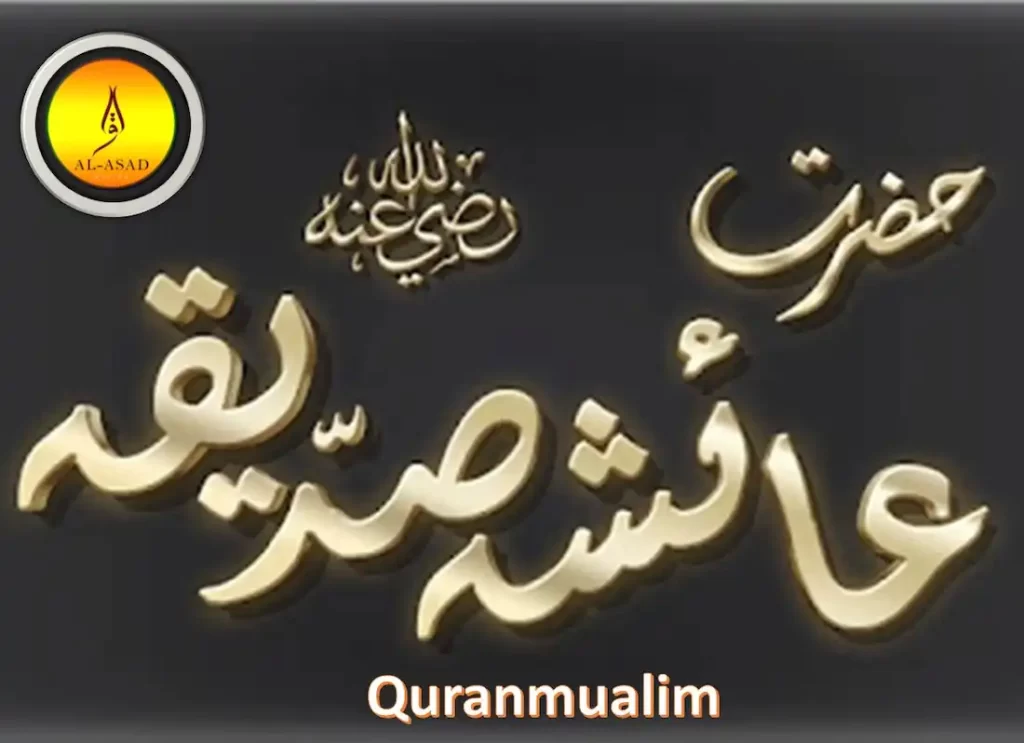
A perfect Wife:
Aisha Bint Abu Bakr – A wife of the Prophet (S.A.W. Aisha (R.A.), a wife of the Prophet (S.A.W. She was a role model for women everywhere and at any time. She was able to relieve the Prophet’s (S.A.W.). He (S.A.W.). was in grief. He (S.A.W.). was in pain and suffering from the daily grind of life. he (S.A.W.) faced opposition to spreading the message about Allah.
With the Prophet (S.A.W.), she endured hunger and poverty. Many sources claim that the two spent two to three months together without cooking. They ate only dates and water for their meals.
R.A. was an ideal wife, who was keen to learn from the Prophet (S.A.W.). She was so well-informed that she could teach men and was an author and document in hadith transmission.
The Incident Of ‘Al-Ifk (false Imputation):
Aisha Bint Abu Bakr – A group of “munafiqs” (hypocrites) who appeared to be Muslims but were not, looked for things or incidents that would disturb the life Messenger of Allah (S.A.W.). His companions at every opportunity. They even dared to mock and malign his private life.
Abdullah bin Ubai (leader of the hypocrites) slanders Aisha bint Bakr (R.A.) in The Incident Of Ifk. Aisha bint Abi Bakr (R.A.), who was marching from Banu Mustaliq, was not present in her tent. She had gone to look for the necklace that she had lost (which was given her by her Mother). The chamber in which she was traveling was covered so her absence was not noticed by the army until they reached the next rest stop. Aisha (R.A.), when she saw that the army convoy had vanished, stayed put and waited for someone to come back.
She fell asleep at night. Safwan ibn al-Muattal (R.A.) found her the next morning. He always stayed behind army to check for any left and then took the items to the army. While leading his camel on foot, he put her on the camel and began to walk fast to catch up to the army. They couldn’t keep up with the soldiers for long.
Safwan (R.A.), finally brought her back to Prophet. at the next army camp. This provided an opportunity for the Prophet’s (S.A.W.). This gave the opportunity to the Prophet’s (S.A.W.) enemies to make a malicious scandal about Aisha (R.A.), ‘Mother Of Believers’. Abdullah ibn Ubai and other hypocrites wanted to profit from this simple incident. He said, “By God neither Aisha nor Sawfan shall be spared from the punishment.” He also uttered other mean sentences. The false rumor was spread among soldiers of the army, and the army was shaken by it.
Aisha (R.A.), who was part of the army and convoy that reached Madinah, became very sick from fever. Aisha (R.A.), who was the victim of the slander, was in severe pain for a month. Allah’s Messenger (S.A.W. Aisha’s (R.A.), parents heard about the incident but never told her.
The Messenger of Allah (S.A.W.), in fact, knew that such slander was not allowed. In fact, the Messenger of Allah (S.A.W.) knew that Aisha R.A., his wife was not subject to such slander. He (S.A.W. He (S.A.W.) was sad that this false, sly, and planned slander had spread among the people. It was clear in his speech at the mosque.
“O Muslims! Who will assist me in my fight against the man who has hurt me by slandering me? “By Allah, I find nothing but goodness in my wife and the person whom people have mentioned in connection to this connection are thoroughly pious.”
These rumors were not something that Aisha (R.A.). was worried or afraid of. R.A. knew she was innocent and that Allah would treat her fairly. Because they were afraid that the rumors would be confirmed, her parents were extremely scared. [Ref. Sahih Muslim: 2770 (a)]
Allah sent Revelation (S.A.W. )
Aisha Bint Abu Bakr – The Prophet (S.A.W. The Prophet (S.A.W.), showed signs of revelation such as sweating, and he (S.A.W. He began to sweat from the weight of Allah’s words, which fell upon him even in winter. The drops of his sweat were silvery beads. The state of revelation was over, and the Messenger of Allah (S.A.W.). The Messenger of Allah (S.A.W.) smiled happily after the state of revelation ended.
He (S.A.W. Aisha (R.A.) said to him, “Glad tidings, O Aisha!” Allah released you from the slander and declared that you were free.” Sahih Muslim: 2770 (a)]
In the Quran verses 11-20 (Surah Nur-24, Verses 11-20), Allah clearly stated that Aisha (R.A.). was innocent. According to Allah, His Messenger (S.A.W. These verses show that Allah told His Messenger (S.A.W.) that the remarks made about Aisha bint Abi Bakr, R.A., were slander.
Abdullah ibn Abbas was once asked by about the meaning of the verses relating to Aisha (R.A.). He explained them as:
“Allah released four people from four sins and acquitted them of their wrongdoings. Aisha bint Abu Bakr (R.A.), through the amazing verses of the glorious Quran. This last acquittal was unmatched. See the difference between this and other acquittals.
Her parents felt a prideful sense of relief. Pride that their daughter had received a Quranic revelation and relief that she was exonerated of any wrongdoing. Aisha (R.A.), was thankful to Allah that He had revealed Quranic verses to her in her honor, and these would be recited till the Day of Judgmen According to Islamic sources, 80 lashes was the punishment for all Aisha’s accusers (R.A.).
Suggested Read: Dua Leaving House, Dua of Forgiveness, Dua of Taraweeh, Dua of Musa Alayhi’salam, Dua For Success, Dua For Marriage , Dua For Rain, Dua For Parents, Powerful Dua and Dua For The Sick

Death of Prophet (S.A.W. )
Messenger of Allah (S.A.W. ) became ill after returning from the farewell pilgrimage. After returning from the farewell pilgrimage he fell ill and felt that he was going to die. He (S.A.W. He (S.A.W.). began to ask his wives where he (S.A.W. He was to be a guest in the next. “The mothers of faithful” eventually realized that he (S.A.W. He (S.A.W.). was trying to figure out when it was due. was trying to determine when he (S.A.W.) would retire.
The Prophet (S.A.W. The Prophet (S.A.W. As a saying goes, she would sacrifice herself to help him.
“I will sacrifice you with my mother and father, O Messenger Allah!”
The Prophet’s (S.A.W. ) last breath was taken. His (S.A.W.) last moments of life, his head was placed on Aisha (R.A.), and his final breath was taken. Aisha (R.A.) held him in her arms.
Al-Dhahabi quoted a Prophet (S.A.W.). Al-Dhahabi said that the Prophet’s soul will leave its body at the place he loves the most. It is thus proven that he (S.A.W. He (S.A.W.) died in his favourite place, the apartment at Aishah.
The Messenger of Allah (S.A.W. He (S.A.W. ) was buried in the same place he (R.A.A.) he (S.A.W.) buried him.
After the death Prophet (S.A.W. )
After the death of Messenger of Allah (S.A.W.). After the death of Messenger of Allah (S.A.W.), which ended their 14-year-long marriage, Aisha(R.A.) lived 47-48 years more, mainly in Madinah. She spent a lot of her time learning the Quran and Sunnah. Aisha (R.A.), was one of three wives to the Prophet (S.A.W.). who was the ‘Hafiza of Quran (memorizer Quran). Hafsa bint Umar and Umm Salama are the other two ‘Hafiza.

Her role during Caliphate:
Aisha (R.A.), because of her knowledge of Quran/Sunnah/Hadith was able to get involved in politics of early Islam as well as the first three caliphate reigns. Aisha (R.A.) was a public speaker during a time when women weren’t expected or wanted to be involved outside of their homes. She also became involved in wars and battles and helped men and women understand the practices of Messenger of Allah (S.A.W.). ).
During the Caliphate of her father Abu Bakr Siddiq, Aisha was awarded titles ‘Al-Siddiqa Bint Al-Siddiq'(the truthful woman and daughter of truthful men).
During Caliphate UmarIbn Khattab, Aisha(R.A.). continued to play the role as a consultant in politics.
Aisha (R.A.), was not involved with Uthman ibn Affan (Caliphate of ) for the first two years, but she eventually found a way to participate in the politics of his reign.
During the Caliphate Ali ibn Talib, Aisha(R.A.). retired from her public political role and became a Madinah teacher.
Aisha (R.A.), was an intelligent woman who debated law alongside male companions. Az-Aubairi stated that Aisha’s knowledge would be superior to that of all women if we were to compare it with Az-Aubairi.
Hisham lbn Urwa, a prominent narrator in hadith, said:
“I have never seen anyone better than Aisha (R.A.) who can know an ayah (Quranic verse), a Sunnah obligation, poetry, lineage, judgment, or medicine. I once asked her: “What about medicine?” It’s amazing how you learned it aunt!
R.A. answered that she was sick and the Prophet (S.A.W.). She (R.A.) replied, “When I was sick, the Prophet (S.A.W.) prescribed treatment for me just as he did when people were ill.” I heard people also prescribing treatment to one another. These prescriptions were then memorized by me.
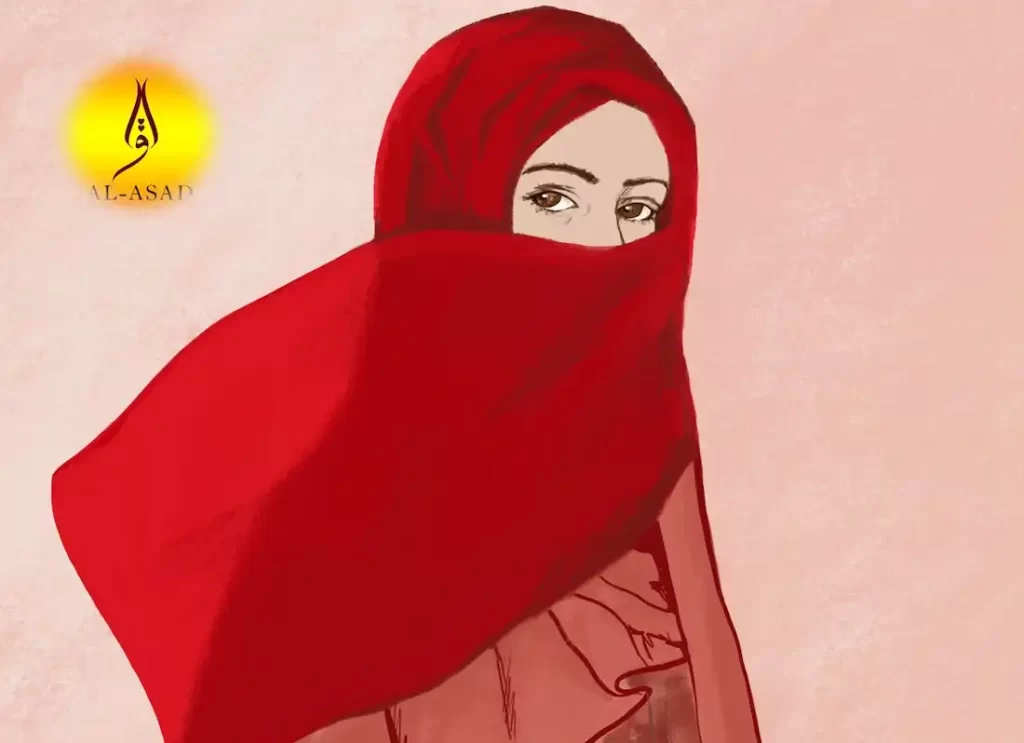
Her death:
Aisha (R.A.), died at her Madinah home on 17 Ramadan, 58 A.H. She was buried in Madinah’s ‘Jannat-ul-Baqi’ graveyard (next to Prophet’s Mosque). Abu Hurairah led her funeral services.
Aisha Marriage
Aisha Youngest Wife of the PBUH
Companion Of Prophet





